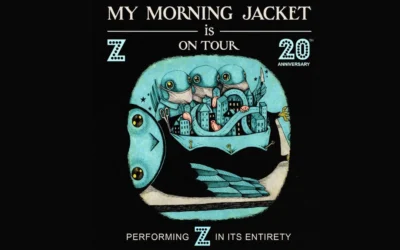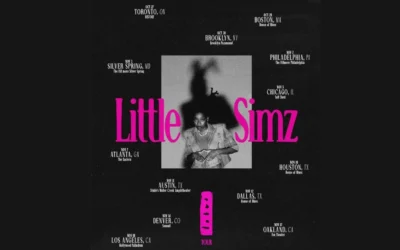by Sam Pocker, Special to TicketNews
I wanted to take a moment to explain Ticketmaster’s “Verified Fan” program as succinctly as possible both to journalists who continue to disseminate the propaganda surrounding it as well as to consumers, managers, and brokers so that each may have a better understanding of the potential outcomes of it’s use in retail sales.
For those of you not in the event business I ask that you suspend three commonly held beliefs until the end of the article:
- That the artist “cares” about the consumer (aka “the fan”). The handful of artists who even pay attention to the minutiae of event ticketing generally do so as a combination of marketing effort and to insure that the members of the audience closest to the stage are those who are most easily impressed and therefore easier to perform for. It’s a self-serving interest at best.
- The notion of anything to do with “fairness”. This means in terms of ticket distribution, established pricing, the notion that the license to sit in the seat for the event is non-revocable, and any other similar matter.
- The notion that an event exists solely for the purpose of performance. That is to say instead of thinking of a concert as a concert let’s look at it like a very large pop-up shop that is open for about six hours. This includes all the ancillary income surrounding the event itself.
With these three common beliefs gone, you must be wondering “Why does Verified Fan exist?”
The narrative of “scalpers buying up the best seats” has been disproved time and time again. A quick skim of articles on Ticketnews.com shows example after example of same in great detail.
What else then is the purpose of Verified Fan?
You might suggest to “deter bots”. Many articles have shown that contractual ticket holds in most markets prevent premium seats from ever going on sale to the public directly at an established price without being bundled in a market-rate VIP package. You could speculate that a ticketing provider’s issue with “bots” has nothing to do with access to tickets so much as a cost-cutting measure. When you consider the number of “bots” looking for “releases” (when desireable ticket inventory is released back onto general sale for a variety of reasons) it may be costing the provider a considerable amount of money in resources fielding those requests.
If it’s not “scalpers” or “bots” why else would Verified Fan exist?
You’ll notice that most of the marketing materials for this program discuss the issue of “[fairness]” which I’ve specifically told you to pretend doesn’t exist for a moment. One might speculate that the program exists for the opposite reason entirely.
Let’s say you are going to open a store. What kind of customers do you wish to attract?
Do you want customers who are going to spend a lot of money frequently? Do you want customers who will make purchases on credit at high interest rates? Do you want customers who are going to show up with all of the coins they could scour up and hold you up for an hour while you count it all?
When opening up a pop-up store such as a live event, what kind of customers would you want to attract?
This is presumably the purpose of “Verified Fan”.
If we were to put a show on sale it’s much easier to create sample groups once you’ve been able to sort them by demographics, psychographics and sociographics. All of these details are easily obtainable with the combination of email address and phone number. Ticketmaster.com itself now must own data on customers going back to it’s launch in the late 90s, combined with all of the data from its various subsidiaries and acquisitions. Anything else you need could be readily purchased.
You could test multiple groups during a presale for price resistance, then reprice and remarket a week later during the public onsale.
Additionally there’s no reason you couldn’t break it down to knowing perhaps that one segment will only spend $25 on a ticket regardless of the seat location but will spend an additional $100 on per-caps, whereas another segment will spend $200 on the same seat location in a package if it includes the same $100 worth of per-caps pre-bundled.
What about Eric Church?
Enough has been written about the Eric Church ticket cancellations. Here’s the question that no one has asked or focused on :
When the supposed 25,000 seats were put back on sale, what price were they resold at?
Why else would you spend time and money auditing manifests in such a primitive way unless you were trying to make more money? If you could cancel 25,000 seats and due to now increased demand thanks to your advertising of the fact (along with some hokey stage banter about feeling as if you were being attacked by an invisible enemy) and put them back up for sale at an additional $10 each, why wouldn’t you? Even if you spend $100,000 on labor for the audits you would still pocket an additional $150,000 on a fairly safe bet. You would additionally get a ton of free publicity for your effort and continue to build your brand more.
We are almost at the end of the article where those of you not in the industry will be allowed to renew your beliefs in the so-called “magic” of live entertainment, but before we do I want to leave you with this great quotation which was buried at the end of Billboard’s article regarding the Eric Church publicity campaign. You might think it’s about being a social justice warrior, fairness, defeating scalpers, hard-working people, the common man, or any of those other stereotypes. It’s not. Church’s manager Fielding Logan merely states “We need to do a better job pricing of all of our tickets.”
Perhaps Church should use Verified Fan next time.




